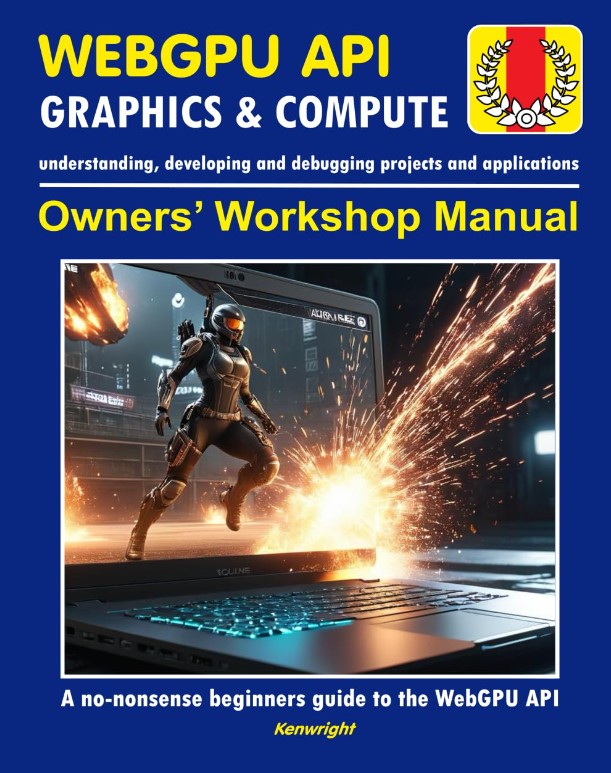
WebGPU API - Owners' Workshop Manual - Computer Programming (Beginners Onwards): Everything You Need To Get Started With Programming Using WebGPU API And WGSL Shader Language
An refreshing journey into webgpu, "WebGPU API - Owners' Workshop Manual (Beginners Onwards)" explores its profound influence on the intelligent systems. With clarity and enthusiasm, this essential read delivers fresh perspectives and actionable insights that inspire curiosity and spark meaningful progress.



Sarah Johnson
Professional ReviewerThe diagrams and visuals were top-notch—clear, purposeful, and genuinely helpful in understanding the concepts.
February 19, 2026